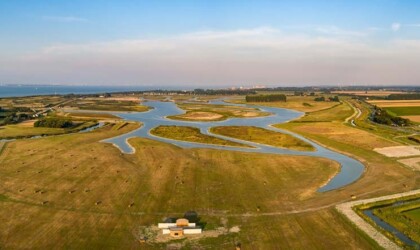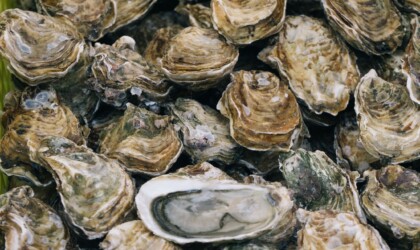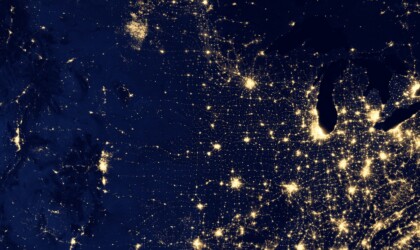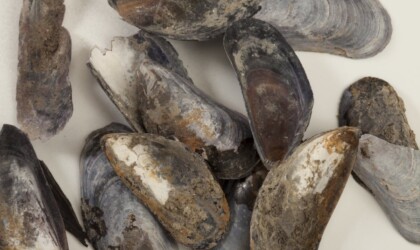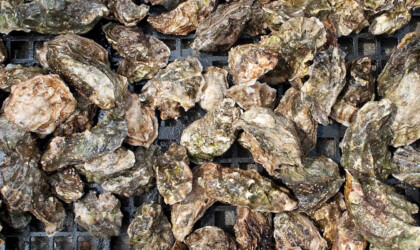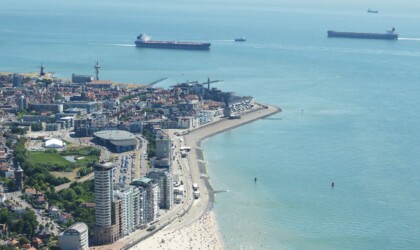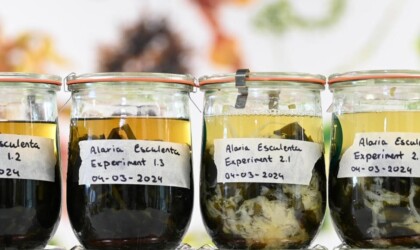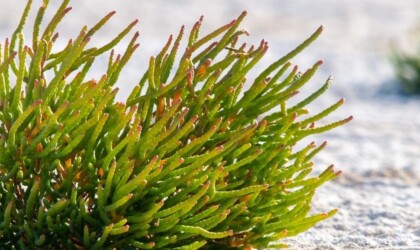The world over, reefs, built by bio builders such as corals and shellfish, provide important ecosystem services including coastal safety, fisheries and recreation.
However, these reefs are under increasing pressure, and the loss of natural hard substrates is also reducing the biodiversity and productivity of the marine ecosystem. At the same time, there is actually an increase in artificial hard substrate for marine infrastructure, such as dykes, harbours and breakwaters. Because of its good workability and wide applicability, the most commonly used material for marine infrastructure is concrete. However, concrete has major drawbacks such as high CO2 emissions and chemical composition; the creatures that grow on concrete are different from the ones living on natural reefs.
Preserving
In this project, several partners from both architectural and ecological backgrounds are working on what alternative materials can be used to make marine infrastructure more sustainable while enriching underwater nature.
To answer this question, alternative materials for concrete are produced and tested for conventional properties such as workability and strength. The most promising materials are tested in experimental lab research for the establishment of indicator species, after which the best-functioning materials are combined. Through experimental field research in the Wadden Sea, the Zeeland delta and near Saba (Dutch Caribbean), the development of ecological communities on the test blocks is investigated and a final selection is made. In this way, the Ecodami project results in sustainable and ecologically optimal building materials that are directly applicable in marine infrastructure.

